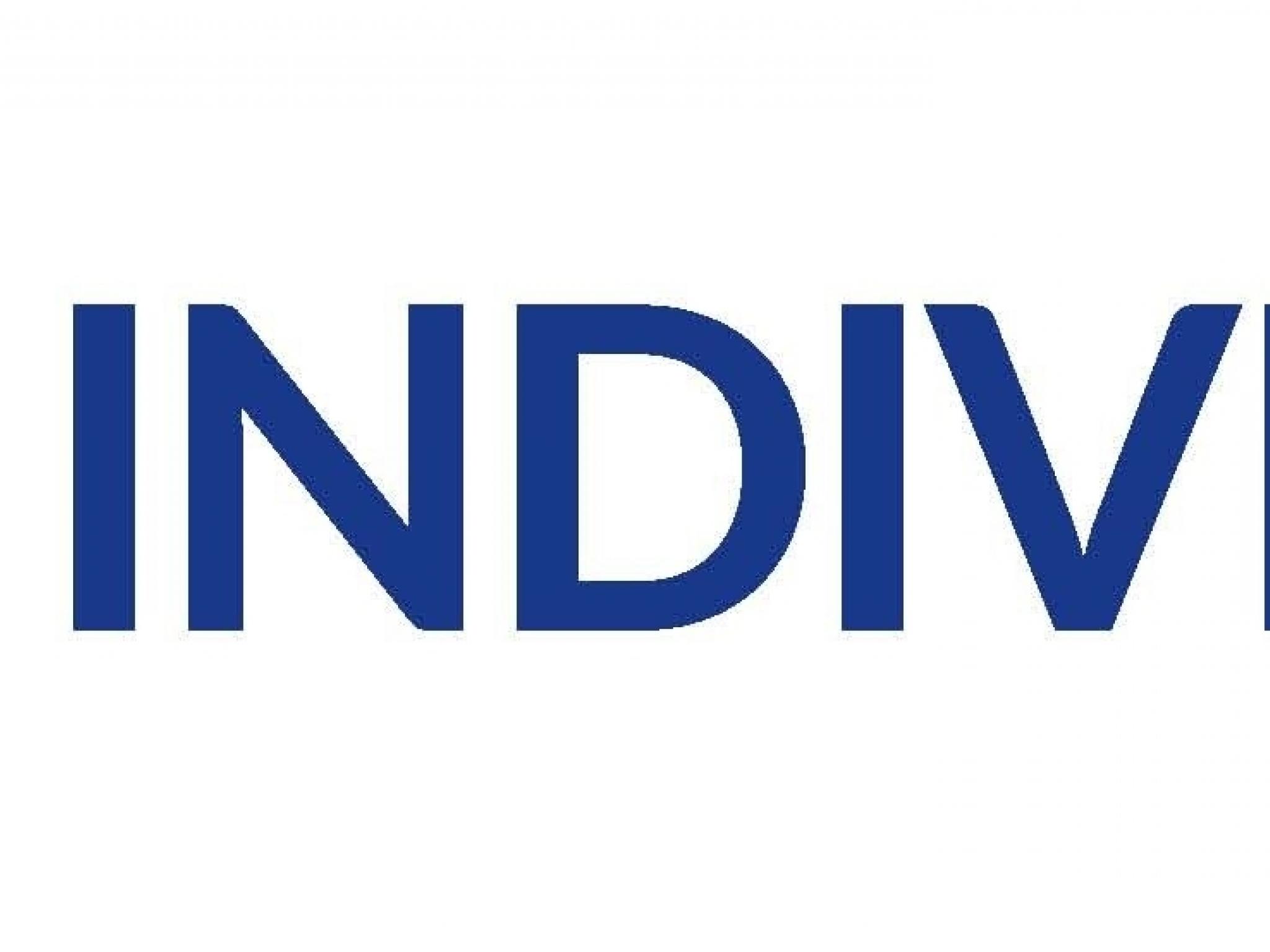
Indivior PLC (OTCPK:INVVY) (LON:INDV) announces the enrollment of the first patient in the Phase 2b study of AEF0117 for the treatment of cannabis use disorder (CUD). This follows less than a year after Indivior and Aelis Farma announced a strategic collaboration that includes an exclusive option and license agreement for the global rights to AEF0117, a first-in-class synthetic signaling specific inhibitor ("SSI") engineered to inhibit the cannabinoid type 1 ("CB1") receptor ("CB1-SSI").
"Following the promising results of a Phase 2a study showing that AEF0117 reduced the subjective effects of cannabis and cannabis self-administration in subjects with moderate to severe CUD, this Phase 2b clinical trial aims at demonstrating the efficacy, tolerability and safety of AEF0117 for the treatment of CUD," stated Christian Heidbreder, Ph.D., chief scientific officer at Indivior.
"Excessive cannabis use and its related disorders have become an increasing societal concern. Roughly 200 million people used cannabis in 2019 representing 4% of the global population. In the US, 49.6 million people aged 12 or older used cannabis in 2020 and 14.2 million people had a CUD in the past year during the same period."
Phase 2b, which will be conducted by Aelis Farma, is a randomized, double-blind, placebo-controlled, 4-arm, parallel-group, prospective, multicenter study in treatment-seeking subjects with moderate to severe CUD.
The primary objective of the study is to demonstrate that AEF0117 (0.1, 0.3, or 1 mg once a day for 12 weeks) induces a greater proportion of subjects with a response of ≤1 day of cannabis use per week compared to placebo. The proportion of subjects that reach various levels of reduction of use and how this influences their quality of life will also be investigated.
The initiation of this Phase 2b trial represents a key development in the company's pipeline, which upon completion would enable AEF0117 to move forward into a Phase 3 study in subjects with CUD.
The United Nations recently estimated that the number of cannabis users increased by nearly 18% over the past decade and that cannabis products almost quadrupled in strength in the US and doubled in Europe in the last two decades (2002-2019). D9-THC, the main psychoactive component in cannabis, is responsible for the development of mental health disorders in long-term, heavy users of cannabis.
Photo: Courtesy of PRNewsfoto/Indivior
Related News







